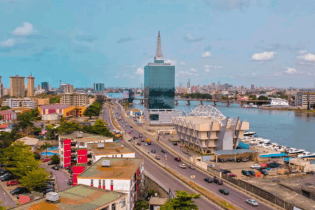Mfebe echoed similar sentiments, stating that partnerships between the public and private sectors are key to closing the gap to achieve the National Development Plan’s 2030 goals. This collaboration is vital to achieving collective success, he said.
He highlighted the low growth of the construction sector over the past ten years, which is considerably lower than many other industries which have experienced double digit growth. “Actual construction constitutes 65% of infrastructure allocation and we must ensure that budgets are spent well,” Mfebeb told delegates. He added that well-developed infrastructure not only attracts investment, but also tourism, which in turn boosts the economy. Moreover it is essential for the citizens of South Africa – the ones who suffer most when adequate infrastructure is not built. Mfebe made a call to government to assist the construction industry in these trying times: “We are calling on government to intervene and roll out infrastructure so we can ignite industry.”
“There has never been a worse time to be a contractor,” SAFCEC President Thembinkosi Nzimande told delegates at the 2016 annual national SAFCEC conference.
Nzimande highlighted the difficulties facing the South African job market, particularly in the construction sector. He added that a lack of work is a major factor affecting people in the industry and that demand needs to grow in order to drive jobs and the economy.
“How do we engage effectively to bring demand back to the sector?” Nzimande questioned. The answer, he said, lies in Public Private Partnerships (PPPs). Also addressing the conference, SAFCEC CEO Webster Mfebe spoke to how PPPs can create jobs and an inclusive economy. “Government creates the environment and the private sector creates the jobs,” he said.
According to Nzimande, there is not enough government budget to realise the ambitions of SAFCEC and the sector. To address this, private sector contractors need to move beyond the bounds of contracting, evolving into co-developers of projects.







